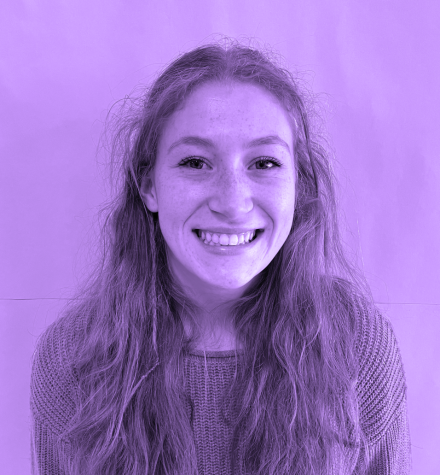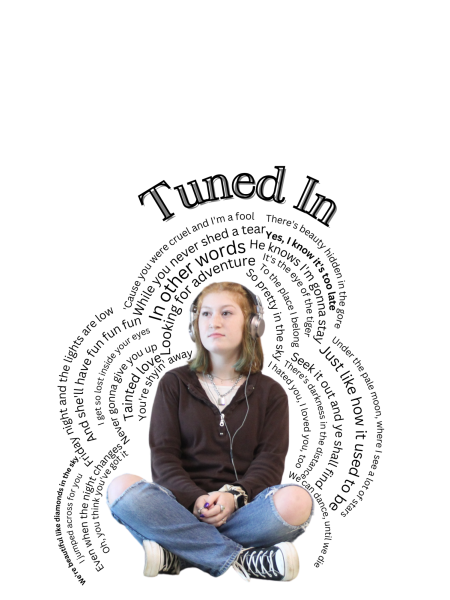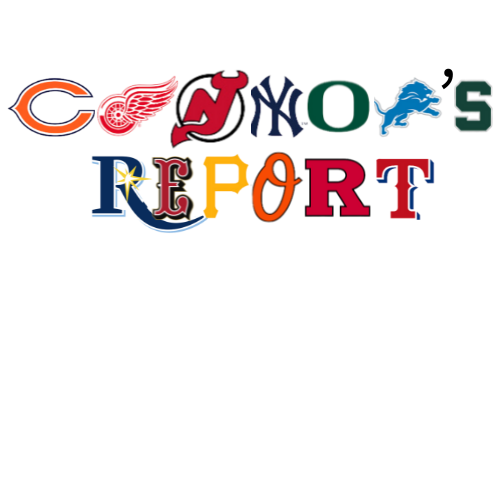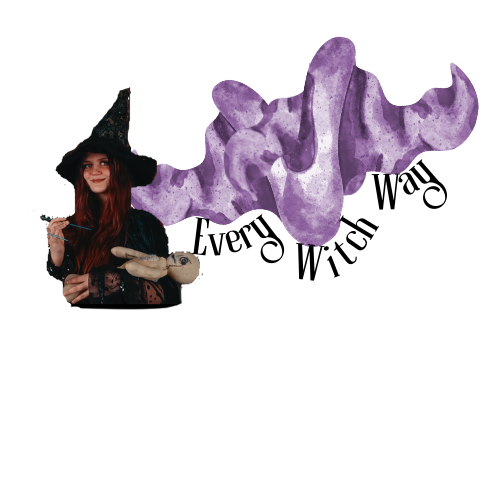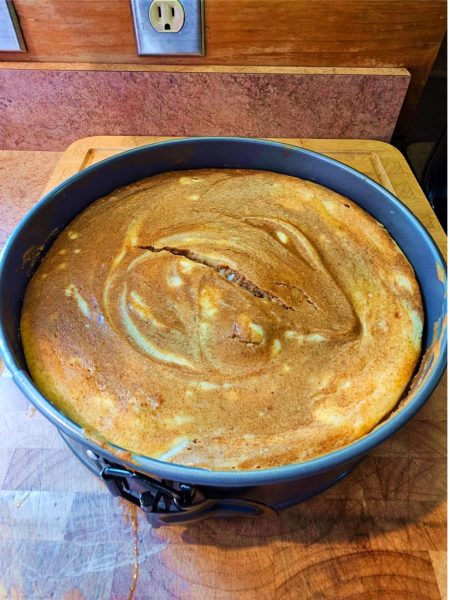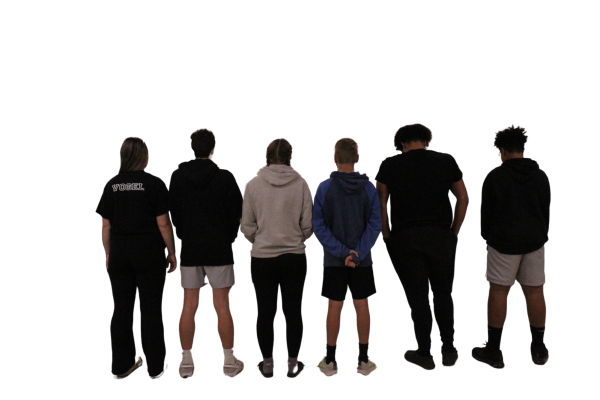“I’m so OCD”
It is so much more than a self-deprecating comment: Obsessive Compulsive Disorder
To most of us, 32 is simply the number between 31 and 33, but to sophomore Abby Schlaff, who has obsessive-compulsive disorder (OCD), it is a beautiful number.
You can divide it by two and always get an even quotient.
This is called arithmomania, which is a number and counting based obsession.
To someone like Schlaff, this is very satisfying.
OCD is thrown around casually in conversation, but what is it really?
“An anxiety disorder characterized by recurrent obsessions or compulsions or both that cause significant distress, are time-consuming or interfere with normal daily functioning, and are recognized by the individual affected as excessive or unreasonable”: The definition given when one searches for obsessive-compulsive disorder on the Merriam-Webster Dictionary website.
Yet, a textbook definition does zero justice to the actuality of living with a mental health condition.
If I had a dime for every time I have heard someone say, “Sorry, I am so OCD” or “We all have some OCD” I would not be driving around in an old Buick.
OCD is so much more than liking things to be in order. It is a tiring internal battle that 1 to 2 percent of children and adolescents fight every day.
OCD is not needing to straighten a paper because it is bothering you, nor is it fixing a crooked picture.
It is needing to straighten the paper 20 plus times until it feels right, or thinking something terrible will happen.
It is washing your hands repeatedly until they feel raw because they aren’t actually clean.
It is checking the oven over and over again to make sure it is off.
OCD even affects how Schlaff eats to the point where she can’t even eat certain foods anymore, simply because her brain says so.
OCD is made up of two parts, one is obsessions, and the other is compulsions, which act as a way of getting rid of the former. For example, someone whose obsession is germs or contamination may wash their hands repeatedly to make those intrusive thoughts go away.
The difference between having OCD compulsions/rituals and liking order/routine is simple. Liking order and routine means actually wanting to do those things, whereas someone with OCD doesn’t want to but feels compelled to perform those rituals.
Schlaff says she can’t justify her actions and knows how unreasonable they are at times. Yet, she can not just ignore them.
That in lies the difference, someone without OCD can ignore a crooked picture and justify why they want to straighten it.
As a society, we need to start recognizing that using the term OCD in the wrong context is damaging for those who have it.
I admit that I, too, have used those commonly said phrases that imply a need for order as being “a little OCD,” but that doesn’t mean we can’t learn and grow.
Using these terms only builds on the stereotypes and invalidates the experience of those who have it.
We can do better.




